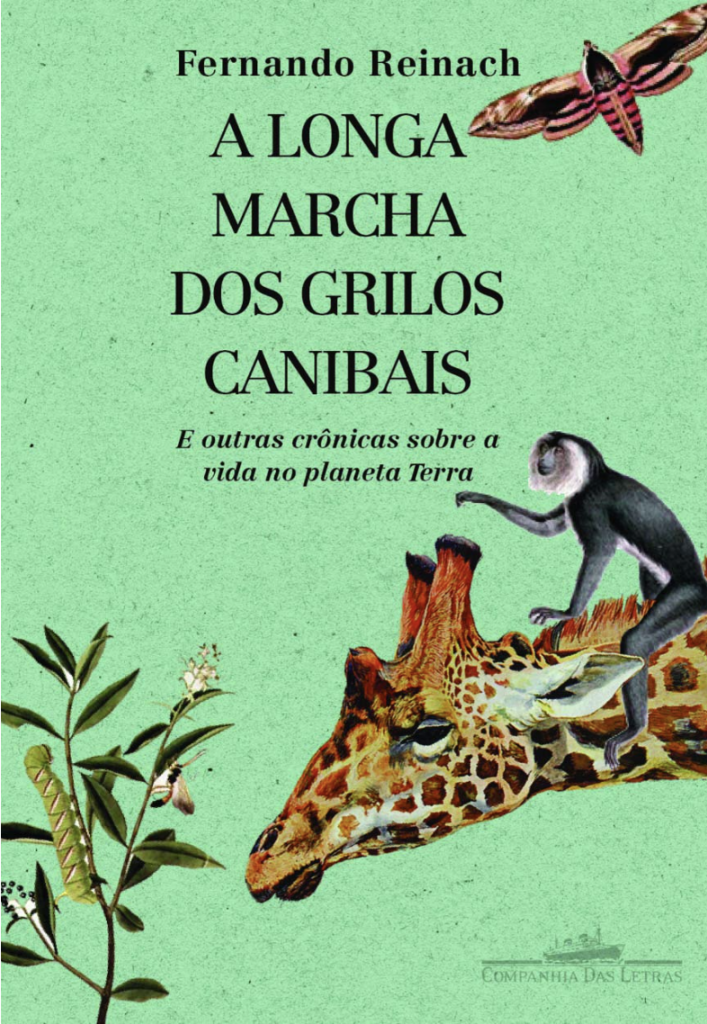
A Longa Marcha dos Grilos Canibais by Fernando Reinach. This book is a extremely amusing reading full of many short stories based mainly in high impact studies. The title is one of such curious cases reported, but others are even more interesting and puzzling. how some microorganism act as crooks or how our body parts do not have the same age and the role of atomic bombs helping this study. One section about sex is another one very amusing and remarkably surprising of how nature is so complex and diverse. This is a must read book. The only critics I would make is the length of the texts, it should be longer. For more details, read other reviews (click here). This book is in written Portuguese.

The Salmon Cannon and the Levitating Frog – and other serious discoveries of silly science by Carly Anne York. This book is a remarkable opportunity for anyone to learn about how some fundamental scientific studies, only motivated by curiosity, are important even when they seem very silly. Dr York described many cases from biology to chemistry and others, where unexpected studies resulted and impressive application for the humanity. The case of study on “how to levitate a frog” is one of them and is used in the book title that deserves reading. CRISPR, GFP (Green fluorescence protein), PCR and other disruptive discoveries are nicely described. This is an engaging and must-read book, which is very accessible even for non-specialists. For more details read other reviews (click here) or watch this video with a great short interview (click here, in English only).
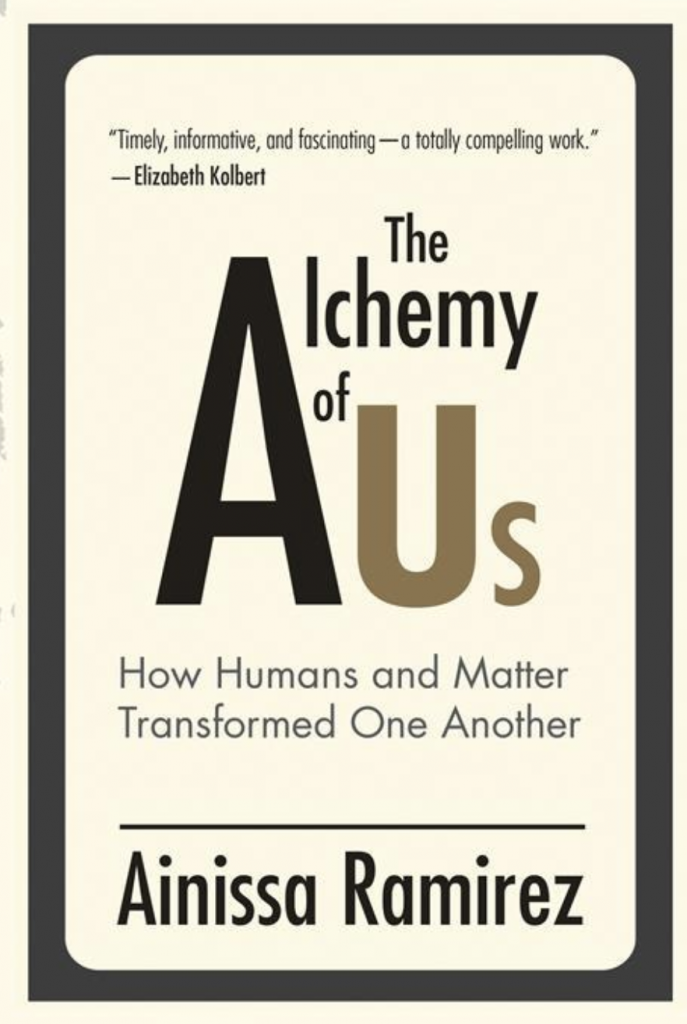
The Alchemy of Us – how Humans and matter transformed one another by Ainissa Ramirez. This book is a great book of this impressive material scientist. This writer created almost independent chapters with interconnected events and materials (eight are covered clocks, steel rails, copper communication cables, photographic film, light bulbs, hard disks, scientific glassware and silicon chips) that surprises the readers very much. It is a quite immersive description of multiple historical events and their link with one of those eight materials. One case is how a horse race influenced the advances of photography (but not only that) or how sand led to advanced glass-based materials was involved in the discovery of the electron and computers. This highly recommended book is another very pleasant and easy to read one that brings many curious historical cases (e.g., copper, Morse code and communications). For more details read other reviews (click here) or watch this video (click here, in English only).
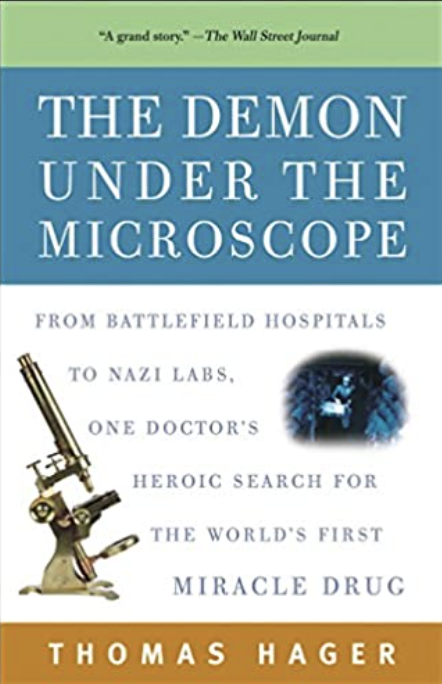
The Demon under the Microscope: from battlefield hospitals to nazi labs, one doctor’s heroic search for the world’s first miracle drug by Thomas Hager. This book is another remarkable book of Hager with vivid and very entertaining stories. A series of interconnected events makes the emergence of the first successful synthetic “miracle” antibiotic, an epic description. A nice blend of sad stories involving nasty Nazis, a Nobel prize winner placed in jail, scooped scientific data and an amazing toxic issue not of the antibiotic (that changed regulation of drugs ) are among many others. This highly recommended book is an easy reading and a small plunge in the history of drugs. For more details watch this video (click here) or read other reviews (click here).
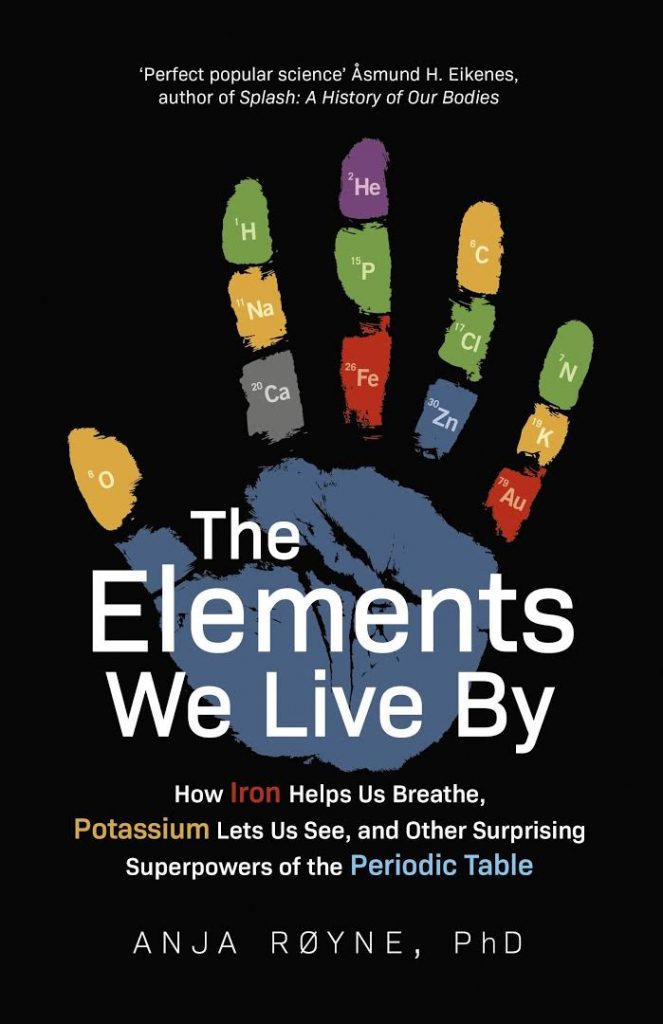
The Elements We Live By: how iron helps us breathe, potassium let us see, and other surprising superpower of the periodic table by Anja Royne. This book is beyond a description of the elements in a context of the periodic table. Indeed, a series of exciting cases, historical contexts, current issues of many key elements make it a great reading. Physical and geological involving a series of elements are well explained in combination with chemistry, providing interesting stories to be learned and taught, including outer space iron and effect of Malaysia ban on aluminum price. There is an interesting blend of author’s experience of life and chemical stories, making this book an enjoyable reading. For more details click here.
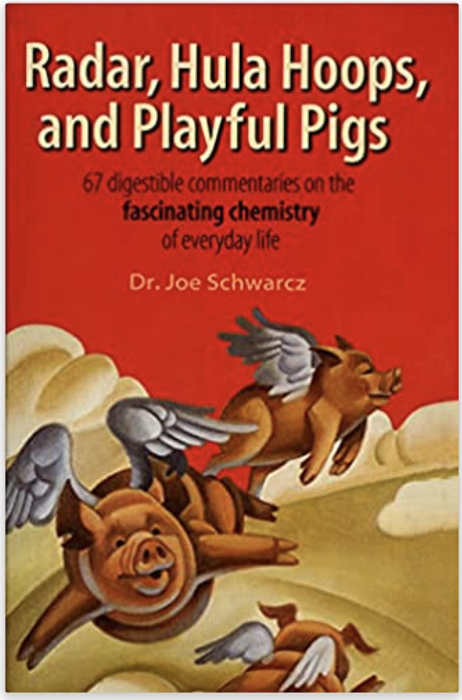
Radar, Hula Hoops, and Playful Pigs: 67 Digestible Commentaries on the Fascinating Chemistry of Everyday Life by Joe Schwarcz. This book is full of short interesting stories that are worth reading. Mixing poisons with household products, classical book stories, magician like Houdini and spies, many fun interesting topics. The translated version of this book in Portuguese “Barbies, Bambolês e Bolas de Bilhar. 67 Deliciosos comentários sobre a fascinante química do dia a dia” is available. For more details click here for Portuguese or English comments.
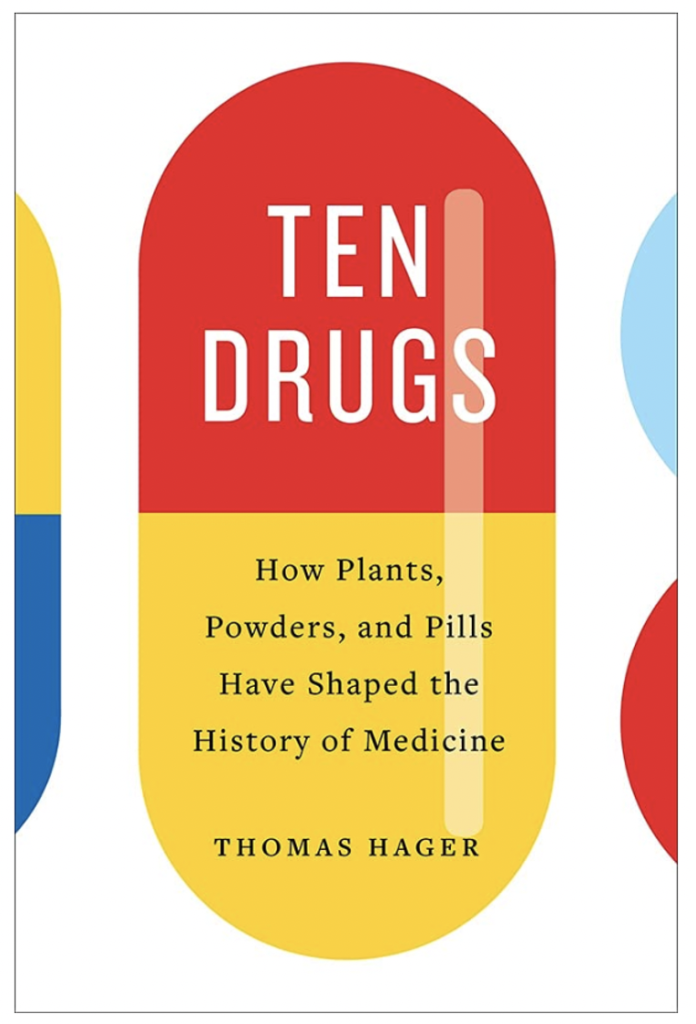
Ten Drugs: How Plants, Powders, and Pills Have Shaped the History of Medicine by Thomas Hager. Another great book from this author, where reader dive into many historical cases and the origins of Pharmaceutical companies as well. Despite this book does not bring much of basic chemistry and or pharmacology, it provides well-written and appealing stories about a series of important medicines that changed our world. From the contribution of a Nobel prize put in prison to an unexpected explicit talk about impotence, vaccines, opium and more; it is a definitely worth reading. The “Dez drogas: As plantas, os pós e os comprimidos que mudaram a história da medicina” is the title of a Portuguese edition. For more details click here for Portuguese or English comments.
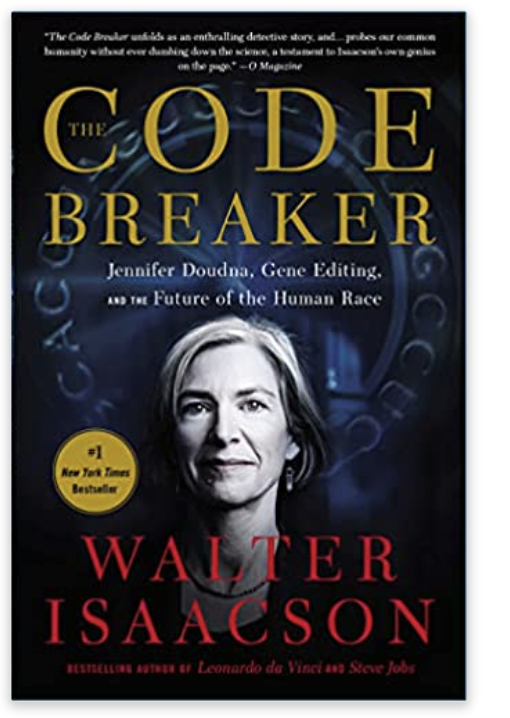
The Code Breaker: Jennifer Doudna, Gene Editing, and the Future of the Human Race by Walter Isaacson. A must-read book telling us multiple exciting histories from DNA discovery to RNA and gene edition using CRISPR technology, focusing on Jennifer Doudna’s life. This book shows scientists as dedicated professionals but also human beings subjects to doubts and difficulties during a long journey. It is a well written book, but it may require some basic scientific knowledge to follow some chapters. Strongly suggested reading, which can be found also translated to Portuguese (A Decodificadora: Jennifer Doudna, Edição de Genes e o Futuro da Espécie Humana). For more details click here for Portuguese or English comments.
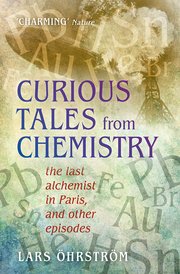
Curious Tales from Chemistry – the last alchemist in Paris, and other episodes by Lars Ohrstrom. A great book with exciting short stories involving chemistry along with anecdotes. Strongly suggested reading (see other details, and watch a video).
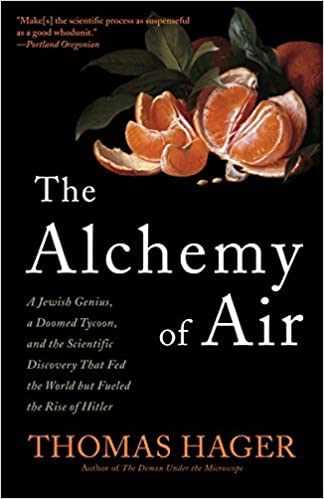
The Alchemy of air – A Jewish Genius, a Doomed Tycoon, and the Scientific Discovery That Fed the World But Fueled the Rise of Hitler by Thomas Hager. A historic book describing the life and discoveries of Fritz Harber and Carls Bosch, a contribution to humankind and their role in Germany during the wars. Non-stopping reading and amazing stories (see other details).
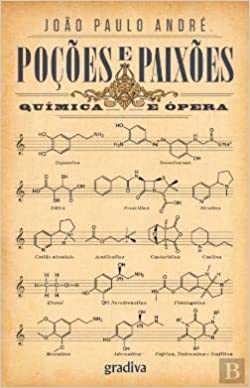
Poções e Paixões – Química e Ópera by João Paulo André. A remarkable work where chemistry is placed along with music (Opera), with tragedies using poisons and chemical elements nicely blended with much history as well, a worth reading book. A presentation of this book in a discussion can be watched elsewhere (see video, in Portuguese).

Eurekas and Euphorias: The Oxford Book of Scientific Anecdotes by Walter Gratzer. A must-read book, funny and exciting along with amazing short stories of discoveries and particularities about science and scientists. In one case how a Nobel prize winner dissolved his own gold medal to prevent nazis to get a hand on it, or the use of lithium by a scientist to figure out a left over soup. A further description can be found elsewhere (click here).
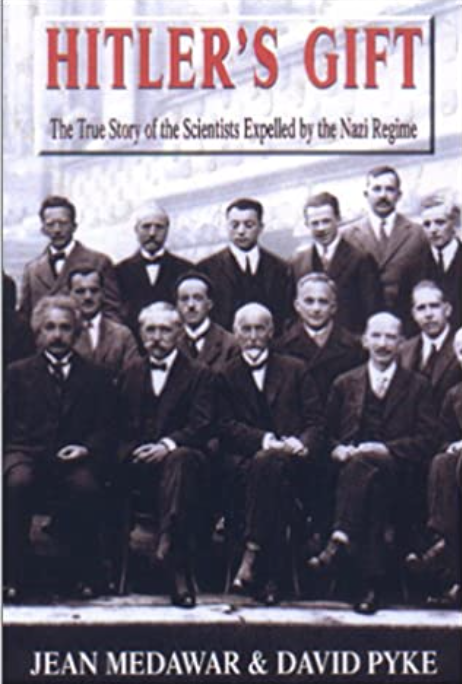
Hitler’s gift: the true story of the scientists expelled by the Nazi regime by Jean Medawar and David Pyke. A great book, accessible to anyone, even without much science background, which would be amazed by the great stories and remarkable scientific achievements reported. In an interview with 40 scientists, including Nobel prize winners. You may find stories of scientist such as Erwin Schrödinger, Max Born, Fritz Haber, Hans Krebs, Max Perutz, Ernst Chain, and Edith Bülbring. A further description can be found elsewhere (click here).
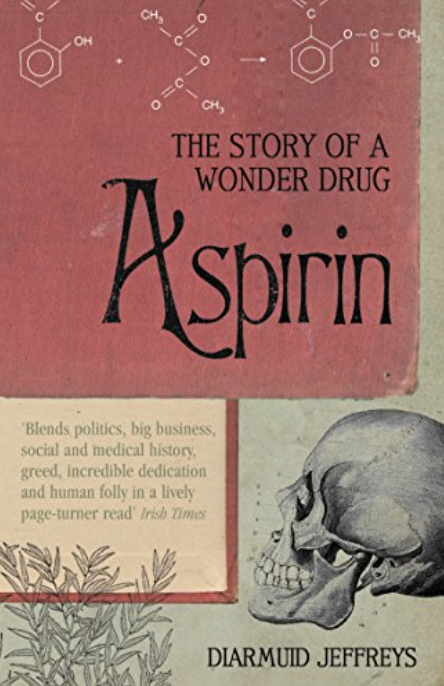
Aspirin: the story of a wonder drug by Diamuid Jeffreys. This book is a remarkable journey of many decades of incredible stories involving this drug. Beyond its discovery, synthesis and many applications found during these decades. How the Wars influenced manufactures and ethics for sales. A hallmark drug not only in the history of medicine but influencing the human history. A further description can be found elsewhere (click here).
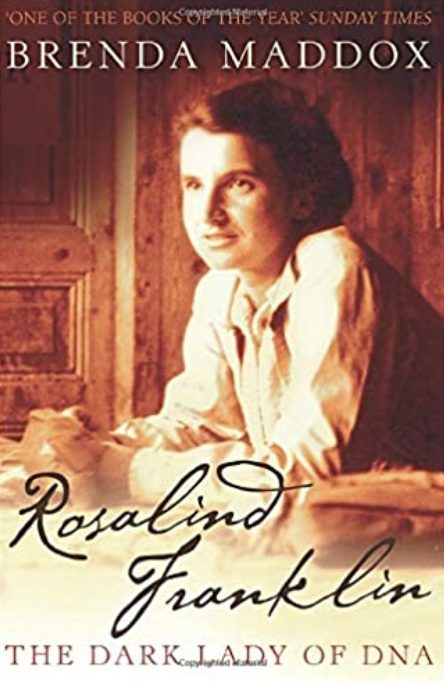
Rosalind Franklin: the dark lady of DNA by Brenda Maddox. This biographic book describes the life and scientific contribution of Franklin, including its key role for the discovery of the double helix of DNA. An exciting trip to the historical events involved in the key discovery of the structure of DNA. A further description can be found elsewhere (click here).
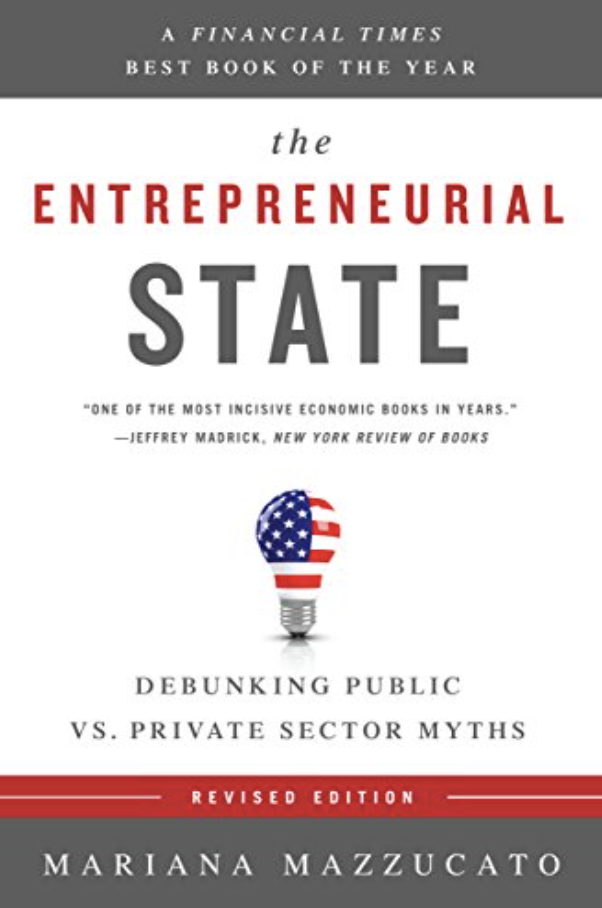
The entrepreneurial state (O Estado empreendedor, versão em português) by Mariana Mazzucato. This great book describes how major investments in basic and applied science made by the governments are essential and were indeed responsible for changing our current society. This author uses strong arguments to support how biotechnology, internet, Apple products, pharmaceutics and others had an essential role of the State (a smart one). This book places in check the apparent “efficient” private sector versus the “inefficient” public sector in the development of novel disruptive technologies, a must-read book for scientists, economists and general public. A further description can be found elsewhere (click here). Additionally, a TED talk with Mazzucato makes clearer her ideas (click here).
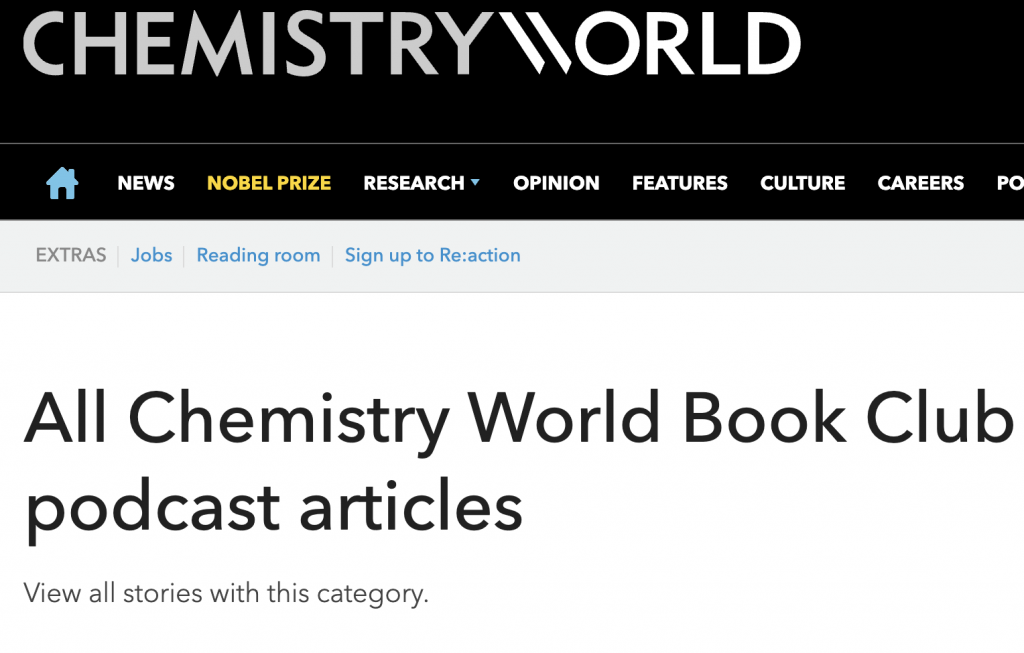
All Chemistry World Book Club. This one is a very interesting way to find out about other great books with a podcast and articles discussing interesting details. It is a very worth place to visit(click here).